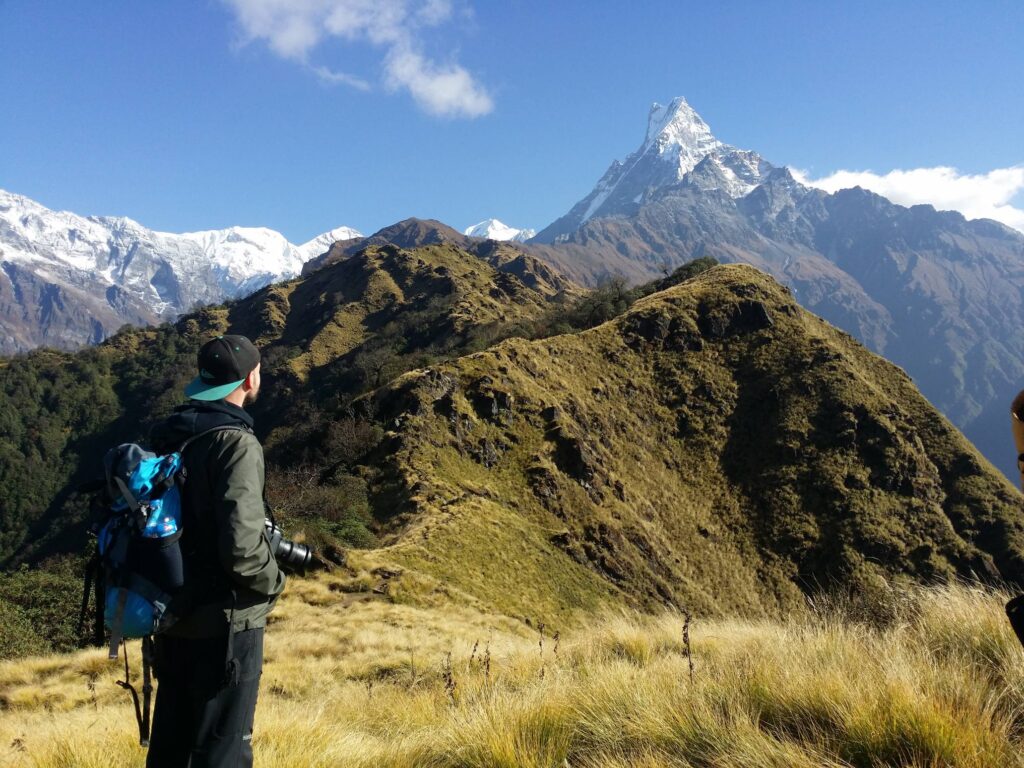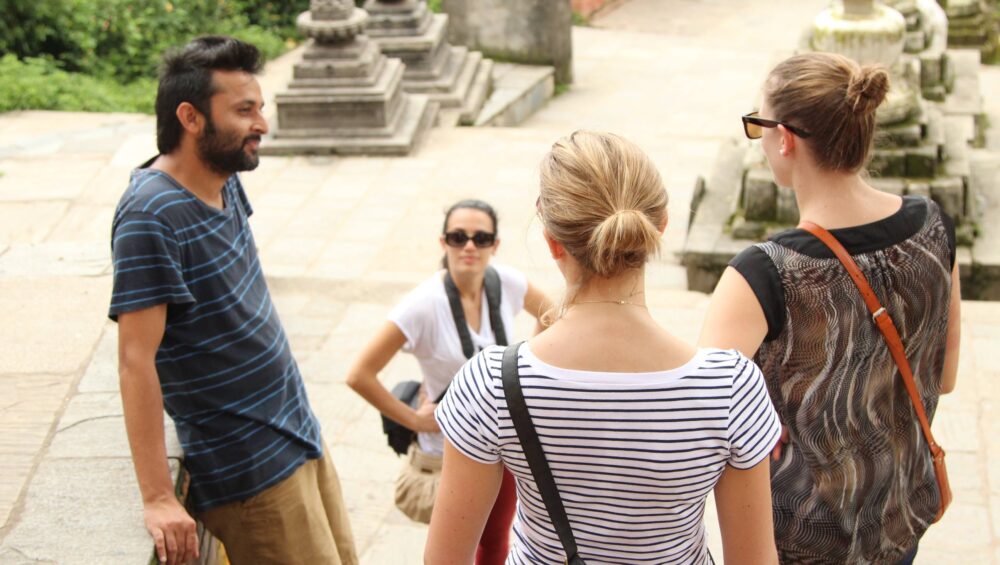Nepal, with its stunning Himalayan landscapes, rich cultural heritage, and warm hospitality, is a dream destination for many travelers. Before you embark on your journey to this enchanting country, there are some important things you should know to ensure a safe and rewarding experience. In this blog, we’ll provide you with a comprehensive guide to help you prepare for your trip to Nepal.

Visa and Entry Requirements:
Before setting foot in Nepal, research the visa requirements for your country. Most travelers can obtain a tourist visa upon arrival at the Tribhuvan International Airport in Kathmandu or other entry points. Ensure your passport is valid for at least six months beyond your planned departure date.
Vaccinations and Health Precautions:
Your health and safety should be a top priority. Consult your healthcare provider or a travel clinic for recommended vaccinations, such as hepatitis A and B, typhoid, and a current tetanus shot. If you plan to visit lowland areas, consider malaria prophylaxis. Altitude sickness is a risk in the Himalayas, so familiarize yourself with its symptoms and prevention.
Travel Insurance:
Comprehensive travel insurance is a must. Make sure your policy covers medical emergencies, trip cancellations, and evacuation in case of accidents, especially if you plan on trekking or participating in adventure activities.
Currency and Banking:
The local currency in Nepal is the Nepalese Rupee (NPR). Credit cards are widely accepted in major cities, but cash is essential in remote areas. ATMs are available in urban centers, but it’s a good idea to carry some cash in smaller denominations.
Language and Communication:
While Nepali is the official language, you’ll find that English is spoken in most tourist areas. Most signs are in English, making navigation relatively easy.
Culture and Etiquette:
Respect local customs and traditions. Dress modestly, particularly when visiting temples and religious sites. It’s customary to remove your shoes before entering someone’s home and ask for permission before taking photos of people.
Safety:
Nepal is generally safe for travelers, but exercise caution with your belongings, especially in crowded areas. Stay hydrated and avoid drinking tap water; opt for bottled water or use water purification tablets.
Altitude Considerations:
If you’re planning to trek in the Himalayas, take the time to acclimatize to higher altitudes. Know the signs of altitude sickness and descend if you experience severe symptoms. Hiring a local guide is often recommended for treks to ensure your safety.
Weather and Seasons:
Nepal experiences distinct seasons, with the best times for trekking being spring (March to May) and autumn (September to November). The monsoon season (June to August) can make trekking challenging in some regions.
Permits:
Depending on the area and activities you plan to engage in, you may need various permits such as a TIMS card or an Annapurna Conservation Area Permit. Research and obtain the necessary permits well in advance of your trek or visit to national parks.
Transportation:
While there are domestic flights connecting major cities and towns, road conditions can be challenging, so be prepared for bumpy rides on mountain roads. Buses and taxis are common means of transportation.
Electricity:
Nepal uses a variety of plug types, including Type C and D sockets. To ensure your electronic devices stay charged, bring a universal adapter with you.
Local Cuisine:
Nepali cuisine offers a delightful array of flavors, including dal bhat (lentil soup and rice), momo (dumplings), and a variety of curries. While street food can be tempting, exercise caution, and drink bottled or purified water to avoid stomach issues.
Local Time:
Nepal operates on Nepal Standard Time (NST), which is 5 hours and 45 minutes ahead of Coordinated Universal Time (UTC+5:45).
Emergency Contacts:
Familiarize yourself with local emergency numbers, such as 100 for police and 102 for medical emergencies. Keep the contact information for your embassy or consulate in Nepal handy.
Nepal is a land of incredible beauty and cultural diversity, and with proper preparation and knowledge, your trip can be a truly unforgettable experience. By keeping these important considerations in mind, you’ll be well-equipped to explore this mesmerizing country and create lasting memories. So, pack your bags and get ready to embark on your journey to Nepal!


